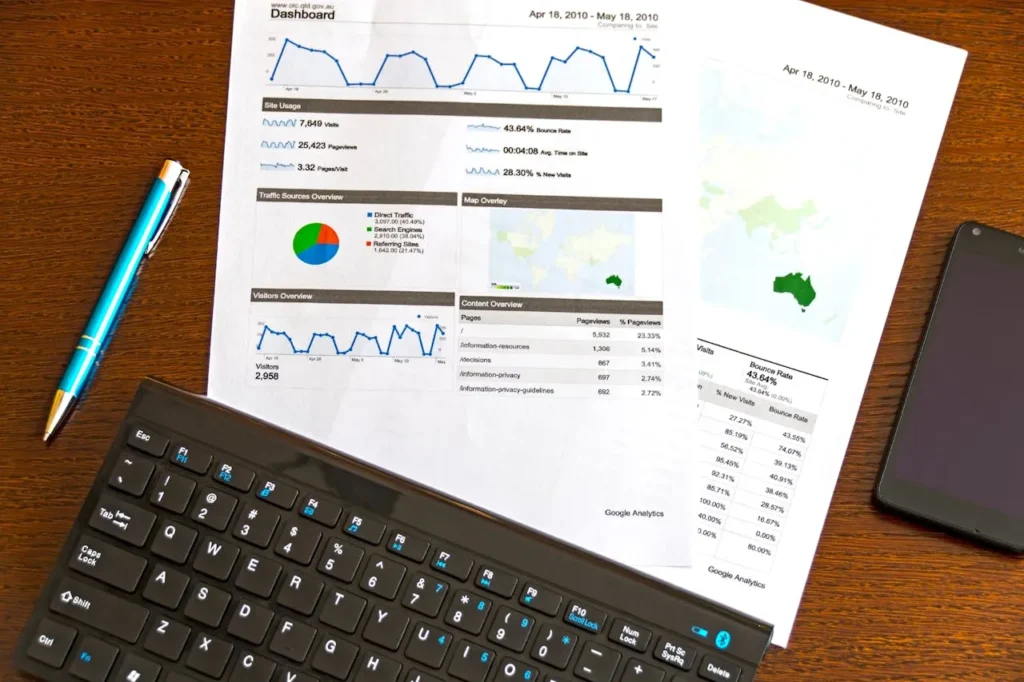
International Seaways Announces First Quarter 2025 Financial Results
International Seaways, Inc. , one of the largest tanker companies globally, providing essential energy transportation services for crude oil and petroleum products, today reported its financial results for the first quarter of 2025. The company remains a leader in the tanker industry, capitalizing on its balanced fleet of crude oil and product carriers to deliver steady performance and uphold its commitment to shareholder value.
Financial Highlights for the First Quarter of 2025:
International Seaways achieved net income of $50 million, or $1.00 per diluted share, for the first quarter of 2025. However, this represented a decline compared to the same period in 2024, when net income was significantly higher at $144 million, or $2.92 per diluted share. The decrease in profits was primarily driven by lower time-charter equivalent (TCE) revenues from spot earnings, which fell by approximately $18,000 per day across the company’s entire fleet.
Despite the lower earnings, the company reported strong adjusted performance. Adjusted net income, which excludes special items such as gains from vessel sales related to its fleet optimization program, was $40 million, or $0.80 per diluted share. Adjusted EBITDA for the first quarter was $91 million, underscoring the company’s solid operational performance despite the challenges in the market.
Revenue Breakdown:
- Shipping revenues for the first quarter of 2025 were $183 million, down from $274 million in the first quarter of 2024.
- Consolidated TCE revenues also dropped to $178 million, compared to $271 million in the prior-year quarter.
- Crude Tankers segment reported $88 million in shipping revenues, a decrease from $127 million in Q1 2024. The drop in earnings for this segment was attributed to a significant decline in spot rates across the VLCC, Suezmax, and Aframax sectors, where average earnings fell by up to $19,000 per day.
- The Product Carriers segment experienced a similar decline, with shipping revenues of $95 million, down from $148 million in Q1 2024. TCE revenues for the Product Carriers segment also saw a decline due to lower spot earnings from LR1 and MR carriers.
Strategic Fleet Optimization and Investment in Future Growth:
A key development during the quarter was the completion of Seaways’ strategic vessel swap program, which was designed to enhance the company’s fleet composition and position it for future growth. The swap involved exchanging two of the company’s oldest Very Large Crude Carriers (VLCCs) and $3 million in cash for three 2015-built Medium Range (MR) vessels. The transaction was largely completed during the first quarter, with one MR vessel delivered in late December 2024. The vessel swap is part of Seaways’ broader strategy to modernize its fleet and optimize its asset base for long-term performance.
The total net proceeds from the swap transaction amounted to $50 million, which will help support the company’s ongoing fleet renewal efforts. The swap reflects the company’s disciplined approach to capital allocation and its commitment to positioning the fleet for growth in a competitive market.
Healthy Balance Sheet and Strong Liquidity Position:
As of March 31, 2025, International Seaways maintained a healthy balance sheet with total liquidity of approximately $673 million, including $133 million in cash and $540 million of undrawn revolving credit capacity. This liquidity provides the company with ample financial flexibility to execute its strategic plans and support future fleet expansion.
In line with its conservative approach to managing debt, Seaways repaid $80 million in outstanding revolving credit facilities, most of which had been drawn in connection with the vessel swap transactions during the fourth quarter of 2024. The company’s net loan-to-value ratio remained low at approximately 15%, demonstrating its prudent financial management and strong financial position.
Shareholder Returns:
Seaways’ commitment to delivering value to shareholders was underscored by its dividend payments. In March 2025, the company paid a combined dividend of $0.70 per share, which included both regular and supplemental dividends. Additionally, the company declared a combined dividend of $0.60 per share for June 2025, reflecting 75% of adjusted net income for the first quarter. Over the past 12 months, Seaways has returned a total of $4.00 per share to its shareholders, representing a dividend yield close to 10%.
Lois K. Zabrocky, President and CEO of International Seaways, commented on the strong results, saying, “We delivered encouraging results for the first quarter of 2025, which were marked by a gradual strengthening of market conditions each month. Our balanced fleet of crude and product tankers allowed us to execute our disciplined capital allocation strategy. After two consecutive years of returning over $300 million to shareholders, we declared a combined dividend of $0.60 per share for the first quarter, returning 75% of adjusted net income to shareholders. With our enhanced scale through pool employment and a healthy balance sheet, we are well positioned to continue delivering strong returns and incremental value to our shareholders.”
Market Conditions and Outlook:

Despite a challenging market environment characterized by lower spot rates and a 50 million-barrel drawdown in OECD inventories, the rate environment improved gradually over the course of the first quarter of 2025. Ms. Zabrocky noted, “While near-term market fundamentals were pressured by inventory drawdowns, the tanker market outlook remains positive. As global oil demand continues to grow, replenishment of depleted inventories will drive demand for seaborne transportation. The global economic outlook remains clouded by geopolitical uncertainty, but we remain constructive on tanker supply fundamentals. With modest fleet growth and elevated recycling volumes, we expect to see continued support for tanker demand.”
The company remains cautious but optimistic about the future. Jeff Pribor, CFO of International Seaways, highlighted the company’s balanced approach to capital allocation, saying, “For the third consecutive quarter, we are returning 75% or more of our adjusted net income to shareholders. At the same time, we are focused on reducing debt and preserving substantial revolving credit capacity, which will support fleet growth. Our fleet renewal strategy, coupled with strong liquidity and low leverage, positions us well for future growth opportunities in a dynamic market.”
Fleet Renewal and Investment in New Vessels:
Looking ahead, Seaways continues to focus on renewing and expanding its fleet. The company has contracts to build six scrubber-fitted, dual-fuel (LNG) ready, LR1 vessels in Korea with K Shipbuilding Co., Ltd., at a total price of approximately $359 million. As of March 31, 2025, approximately $315 million remains in construction commitments for these newbuilds, which are expected to be delivered between the third quarter of 2025 and the third quarter of 2026. These vessels are slated to join Seaways’ niche Panamax International Pool, which has outperformed the broader market and is expected to continue delivering strong performance.
In conclusion, International Seaways’ first-quarter results reflect a solid financial position amid a challenging market environment. The company’s ongoing focus on fleet optimization, strategic capital allocation, and shareholder returns positions it well for continued growth and long-term value creation. With a healthy balance sheet, robust liquidity, and a well-positioned fleet, Seaways is confident in its ability to navigate current market conditions and deliver attractive returns to its shareholders.
About International Seaways, Inc.
International Seaways, Inc. (NYSE: INSW) is one of the largest independent tanker companies in the world, providing vital energy transportation services across the globe. With a modern fleet of crude oil and product carriers, the company serves a wide range of customers in the oil and petroleum industries. Seaways is committed to maintaining a strong financial position, delivering value to shareholders, and executing a disciplined growth strategy.

